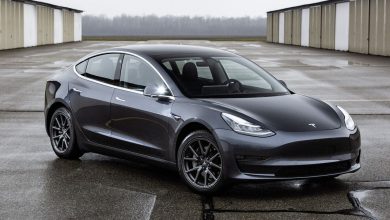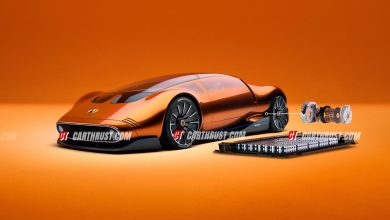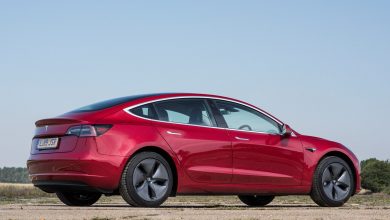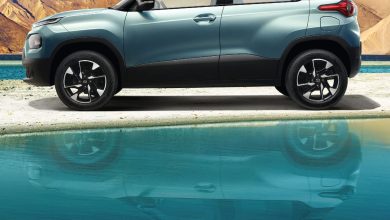BMW is looking to unveil its i-Hydrogen Next by 2022
The i-Hydrogen Next will be available in the X5 or iX5 avatar, and would produce 368 PS of power!
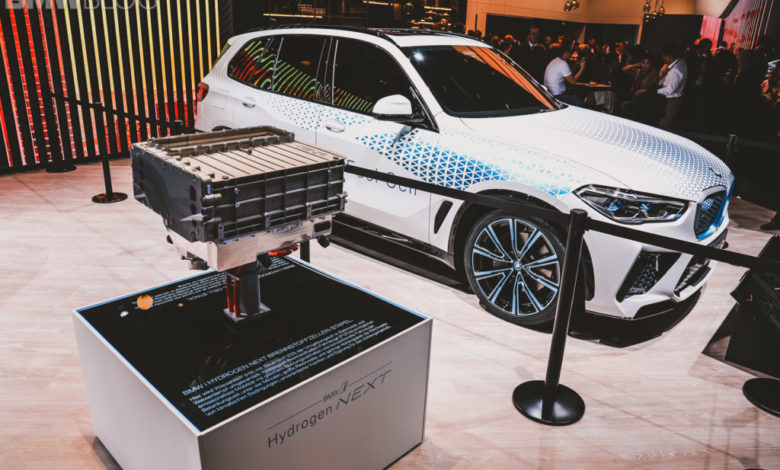
At the current point of time, most motor companies are beginning to assimilate hybrid and plug-in technologies into their line ups, and slowly but steadily these kind of power trains would replace our fossil fuel based vehicles.
Electrifying an entire line of cars is a slow process and it will take a great amount of time, technology and capital to incorporate into every motor brand. However, this is something which could heal mother nature and help diminish the negative effects caused due to the internal combustion engine based cars. Fortunately, there are a few companies who are working extremely hard on building a power train which is pure and has no negative after effects on nature, and one of these power trains is ‘hydrogen fuel cell’ powered cars.
One of the companies which is trying to accomplish making a hydrogen powered car is BMW, who has been working with Toyota since 2013, in perfecting this technology.

To help you understand how a hydrogen fuel based vehicle works, here is a little bit of explanation. Within a hydrogen fuel vehicle is a fuel cell system, and in this system, a chemical reaction takes place between hydrogen and oxygen, and this reaction provides the system with electrical energy which powers the vehicle. This is a casual and basic explanation, hopefully enough to get a basic idea of how about how a general hydrogen fuel based vehicle functions. Jurgen Guldner, Vice President of Hydrogen Fuel Cell Technology and Vehicle Projects at BMW, furthermore says that beneath the fuel cell of the car, is an electric converter, and this adjusts the voltage level to the same level as that of the electric power train and maximum power battery, which receives energy from the the brakes being applied, and also from the fuel cell.
Furthermore Jurgen mentions that in the vehicle, there are a pair of 700 bar tanks and these tanks are capable of holding 6 kg of hydrogen, which gives the car a long range. Another interesting thing is that the car can be refuelled within minutes, which is highly convenient. Now I understand that this all seems quite complex to take in, (it was for me), the conclusion to be drawn from this is that the technology to bring a hydrogen fuel based vehicle is there, and in a few years, it’s highly possible that we will see cars like this on the roads. BMW intends on introducing this technology in their X5 line up to begin with.
BMW is accelerating towards to the future, and are preparing future ready vehicles, within the present. We must remember that BMW was the one to make the i8, which was a technological marvel and was incredibly futuristic in terms of engine dynamics at its time of release. BMW is attempting to build 25 electric vehicles, which should be launched by 2023, and from these 25 vehicles, 12 would be all electric vehicles. For now, the technology, the thinking and the intent to make hydrogen fuel based vehicles is there, but the framework for this technology is lacking at the moment. Hydrogen which powers these hydrogen cell based powertrains, has to be made at affordable rates, and in a environmentally friendly way. This is not a major problem, but once these issues are dealt with, hydrogen fuel cell based vehicles will soon make their way into our markets.
BRYSON Research Project
BMW has participated in the the BRYSON (which is an acronym for space efficient hydrogen storage tanks with optimised usability) Research Project, and this is representative of the fact that BMW is taking the ‘hydrogen fuel system’ based technology very seriously. This project will be receiving funds from the Federal Ministry for Economic Affairs and Energy, and this project will be continued for 3 and a half years, allowing them to find ways of manufacturing hydrogen at low price, thus making it slightly affordable to own a hydrogen fuel cell system vehicle.

The way motor car companies like BMW and many others, are working towards making more sustainable powertrain alternatives, it shows that the timeline of fossil fuel based vehicles is nearing its end, not any time soon, but an end is coming. However, this is nothing to be glum about, as hybrids, plug-in electrics, and hydrogen fuel based vehicles will not only be more environmentally friendly, but they will also be able to deliver the performance, which some fossil fuel vehicle enthusiasts believe is not possible. (sans the audio from the engine though, electric cars will do high speeds with a robotic whirring note).
P. S. – Don’t we all love the devilish whine from the Porsche Tacan’s acceleration sounds!

